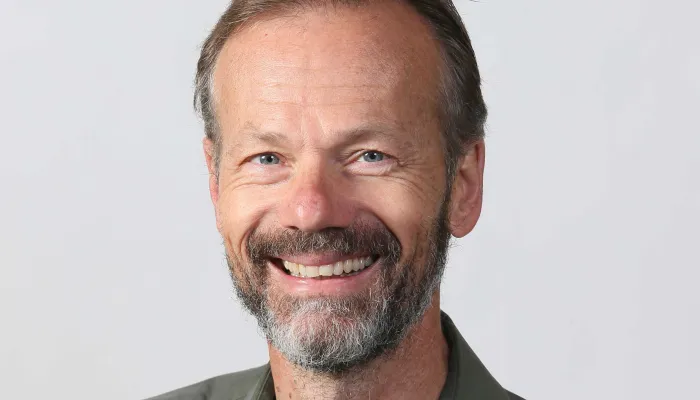I recited to him,
Now as I was young and easy,
and in the cough-afflicted wheeze that was left of my father’s voice,
he answered, under the apple boughs,
and so it went between us
in the days I waited for him to recover —
the way hope pillows its sails with nothing —
or falter, fade and pass away.
You haven’t heard
Time held me green and dying
Though I sang in my chains like the sea
until you’ve heard it from the wizened mouth
of a man in the not-knowing-when before his death.
This is the reply to the poet
who longs for the old man to rage at the night,
and heed his child’s plea, Don’t go!
My father’s was the soft song of sickened lungs,
lips that lost the taste for even one more swallow
while I waited with him in the light that faded as it drew close.
I saw him from the doorway, silent as a mummy,
his hands locked into each other like power shovels
tipped into the posture of the day’s last work,
the crew gone home for the night.
Once, he waved after days of Shakespeare and Dickens,
the anthem of literature he had been taught to love
as his country itself,
and through which he spoke best
the savage and gentle contradictions of his heart.
I’d said, I love you,
and he’d said, I love you, too,
without the artifice of poetry;
and he waved when I moved from the bed
the way a boat, pushed by a hand gone still on the dock,
carries yet its force across the water.
It is here now, what that hand held when it held itself up,
the lull before the poem begins,
the surrender when it’s done.
In a hospital room a father and son speak in the language of poetry, affirming their love.
Richard Harrison, “With the Dying of the Light,” from On Not Losing My Father’s Ashes in the Flood. Copyright © 2016 by Richard Harrison. Published by permission of the publisher.
Source: On Not Losing My Father’s Ashes in the Flood (Buckrider Books/Wolsak & Wynn, 2016)





